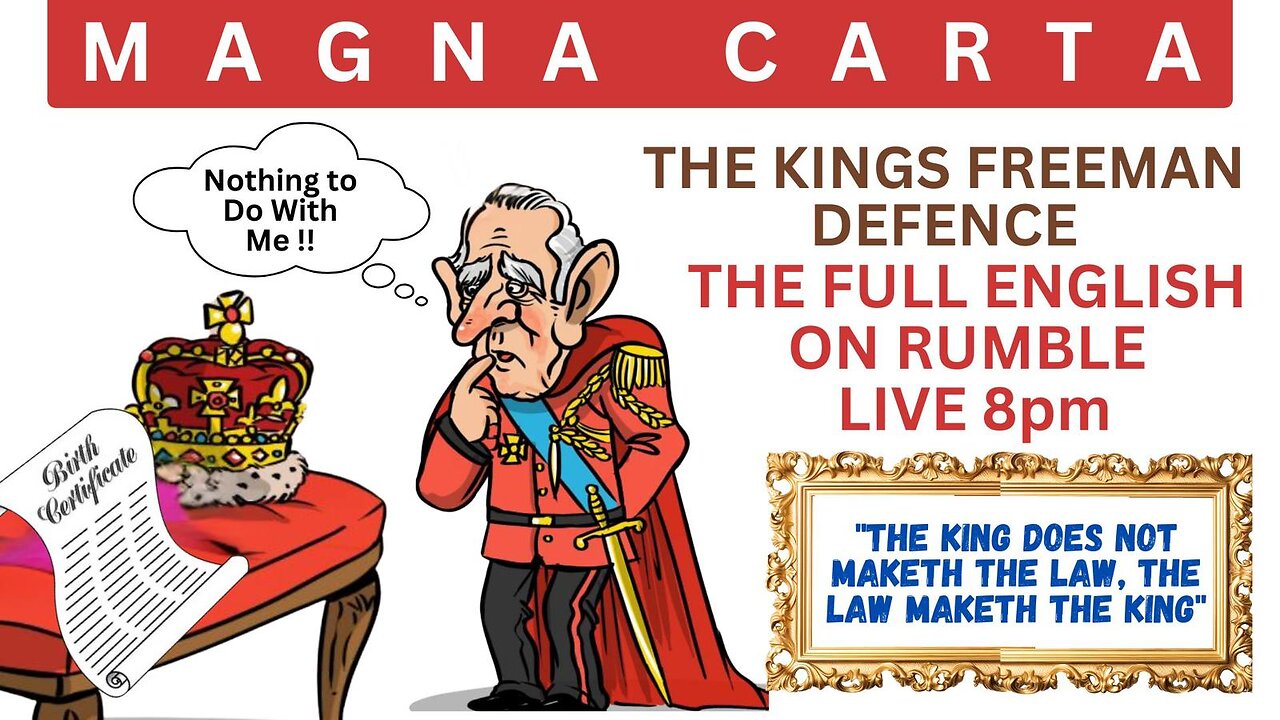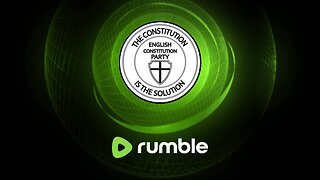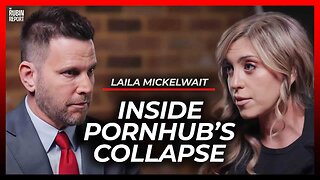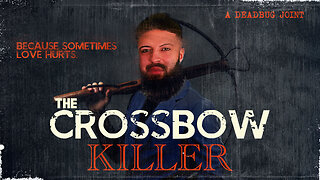Premium Only Content

"The King does not maketh the law, the law maketh the King" and why it matters
The law made him personally responsible, Magna Carta Article 61 is "part of" our constitutional laws making us all equal under the law. Reconfirmed by the English bill of rights and all subsequent common law high court rulings - precedents!
The concept described—that a person controlling the actions of a legal fiction (e.g., a company or monarchy) can lose the protection afforded by that fiction and become personally liable—finds parallels in legal cases and doctrines. Here's how it connects to corporate and constitutional law:
Corporate Law Context
Salomon v. A. Salomon & Co. Ltd (1897):
This case established the principle that a company is a separate legal entity from its directors and shareholders (the "corporate veil"). However, subsequent cases have limited this principle where abuse occurs.
Gilford Motor Co. Ltd v. Horne (1933):
A company director tried to use a company to circumvent a non-compete clause. The court "pierced the corporate veil," holding the director personally liable because the company was a sham to avoid personal responsibility.
Lennard’s Carrying Co. Ltd v. Asiatic Petroleum Co. Ltd (1915):
This case established the principle of attribution, where a company director who is the "directing mind and will" of the company can be held personally liable for the company's wrongful acts if they actively control and direct those actions.
Prest v. Petrodel Resources Ltd (2013):
The UK Supreme Court confirmed that piercing the corporate veil is permissible in cases where a company is being used as a façade for fraud or improper conduct.
Constitutional Law Context
The analogy to Article 61 of Magna Carta (1215) and personal responsibility of the King can be connected to the idea that sovereign immunity does not protect against personal accountability for wrongful actions:
R v. Secretary of State for the Home Department, Ex parte Fire Brigades Union (1995):
This case highlighted the principle that public officials, while acting in an official capacity, must act within the scope of their lawful powers. Exceeding those powers can lead to personal accountability.
Proclamations Case (1611):
It confirmed that the King could not legislate unilaterally, reinforcing the idea that even a sovereign's actions are bound by the law.
Key Legal Doctrine
"Piercing the Corporate Veil": This is the core doctrine in corporate law, where courts can hold individuals personally liable if they abuse the corporate structure to commit unlawful acts.
Personal Accountability in Public Office: This principle, as established in cases like the Proclamations Case, holds that legal fictions (like the Crown or a corporation) do not shield those who control them from liability for unlawful actions.
The reference to Magna Carta's Article 61 echoes the constitutional principle that no one, not even a monarch, is above the law. The application of this idea to corporate law and personal liability underscores the universality of accountability for those who misuse legal fictions to commit or control wrongful acts. In other words hiding behind a legal fiction in court in a nonsense.
-
 1:21:52
1:21:52
The Full English Show
2 days agoAnti white, anti English, anti protestant - Reform party declare WAR on Rupert Lowe
2.33K44 -
 LIVE
LIVE
Nerdrotic
2 hours ago $1.44 earnedInvestigations into the Unknown with Micah Hanks | Forbidden Frontier #093
1,386 watching -
 18:54
18:54
The Rubin Report
6 hours agoHow One Woman Outsmarted Pornhub & Exposed Its Dark Secrets | Laila Mickelwait
75.7K57 -
 LIVE
LIVE
Major League Fishing
5 days agoLIVE! - Bass Pro Tour: Stage 3 - Day 4
445 watching -
 1:05:28
1:05:28
Sports Wars
9 hours agoLebron GOES OFF Over Bronny Hate, Pereira LOSES Belt To Ankalaev At UFC 313, Xavier Worthy Arrested
64.9K10 -
 10:27
10:27
Tactical Advisor
1 day agoDMR or SPR for Civilian Use?
62.3K6 -
 8:21
8:21
DEADBUGsays
1 day agoThe Crossbow Killer
67.3K13 -
 8:40
8:40
Tundra Tactical
1 day ago $10.50 earnedThe Executive Order Wishlist.
69.3K2 -
 7:22:52
7:22:52
SpartakusLIVE
1 day agoSaturday SPARTOON Solos to Start || Duos w/ StevieT Later
160K4 -
 28:40
28:40
SLS - Street League Skateboarding
9 days agoTOP MOMENTS IN WOMEN’S SLS HISTORY! ALL THE 9’s - Rayssa Leal, Leticia Bufoni, Chloe Covell & more…
113K10